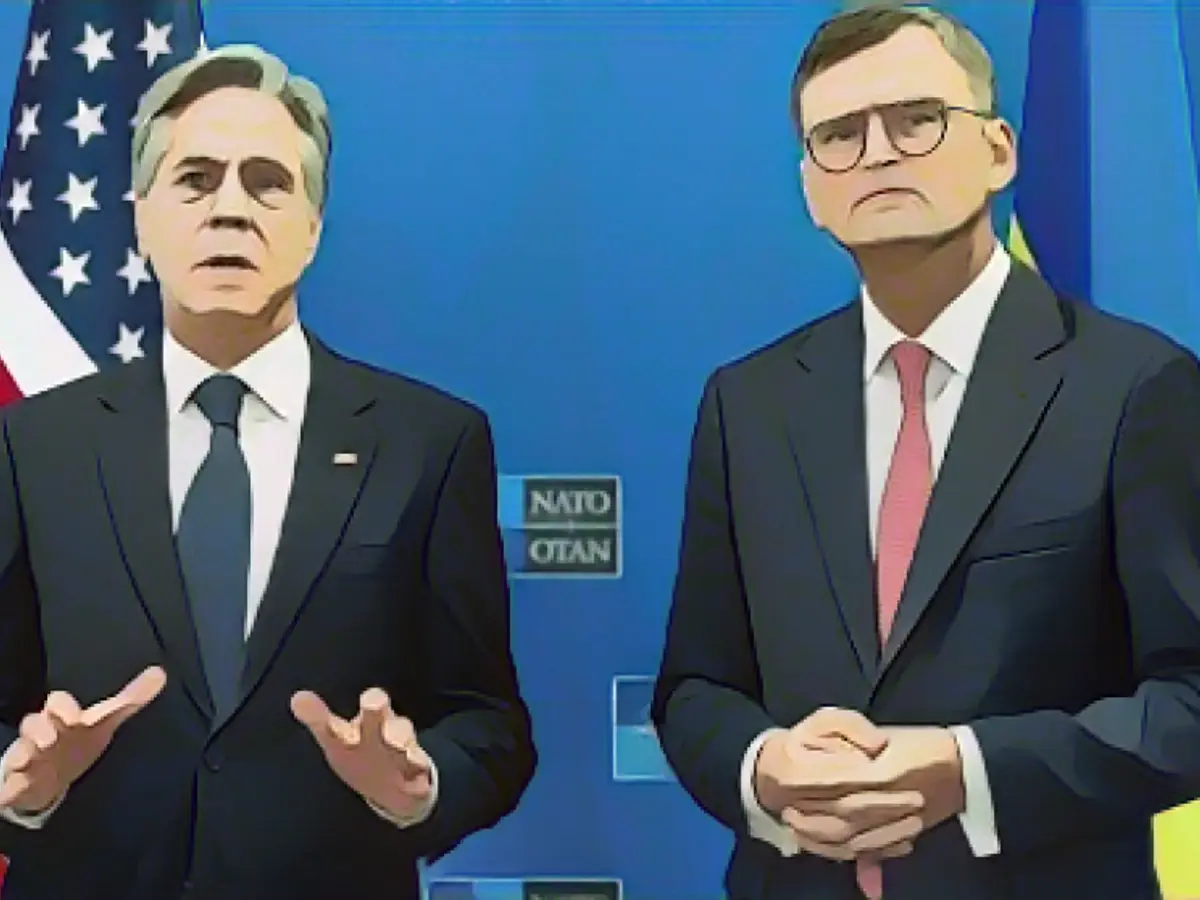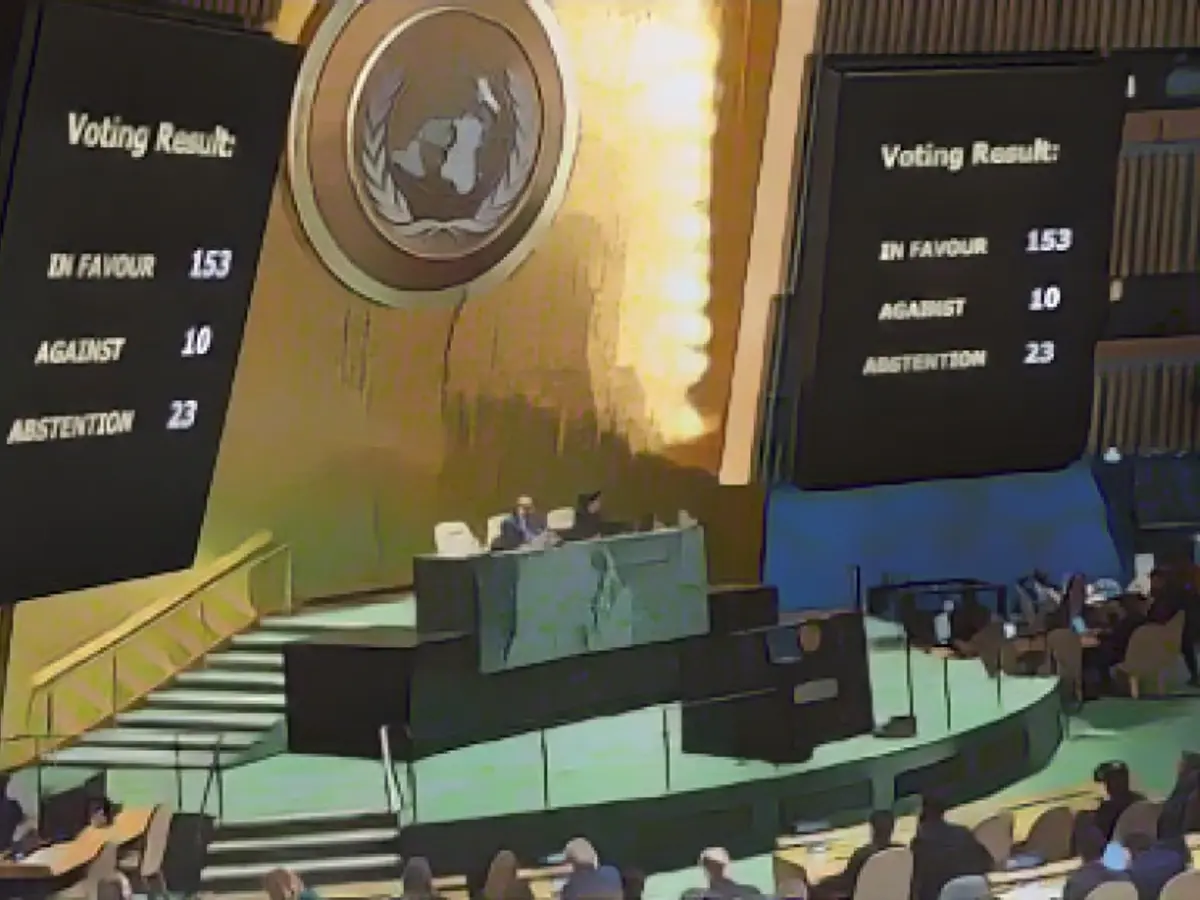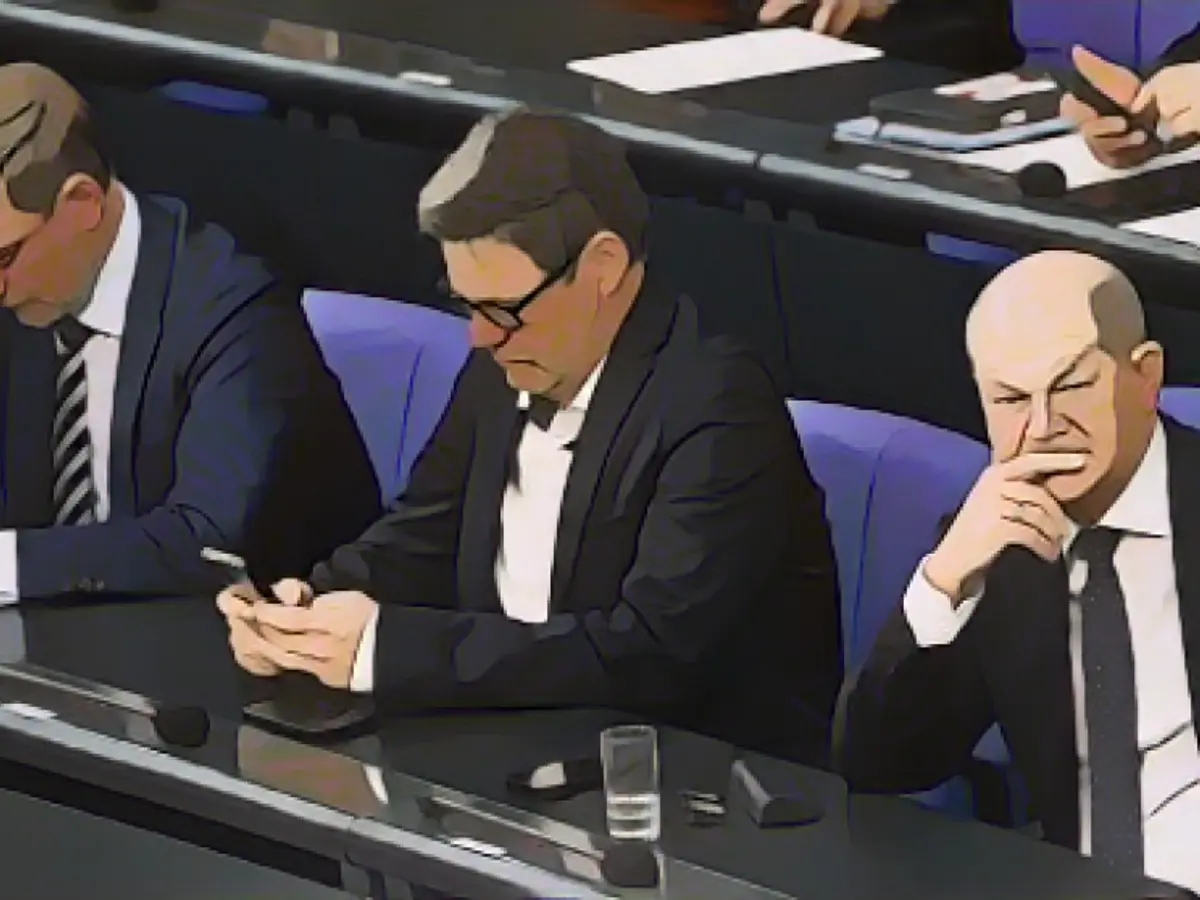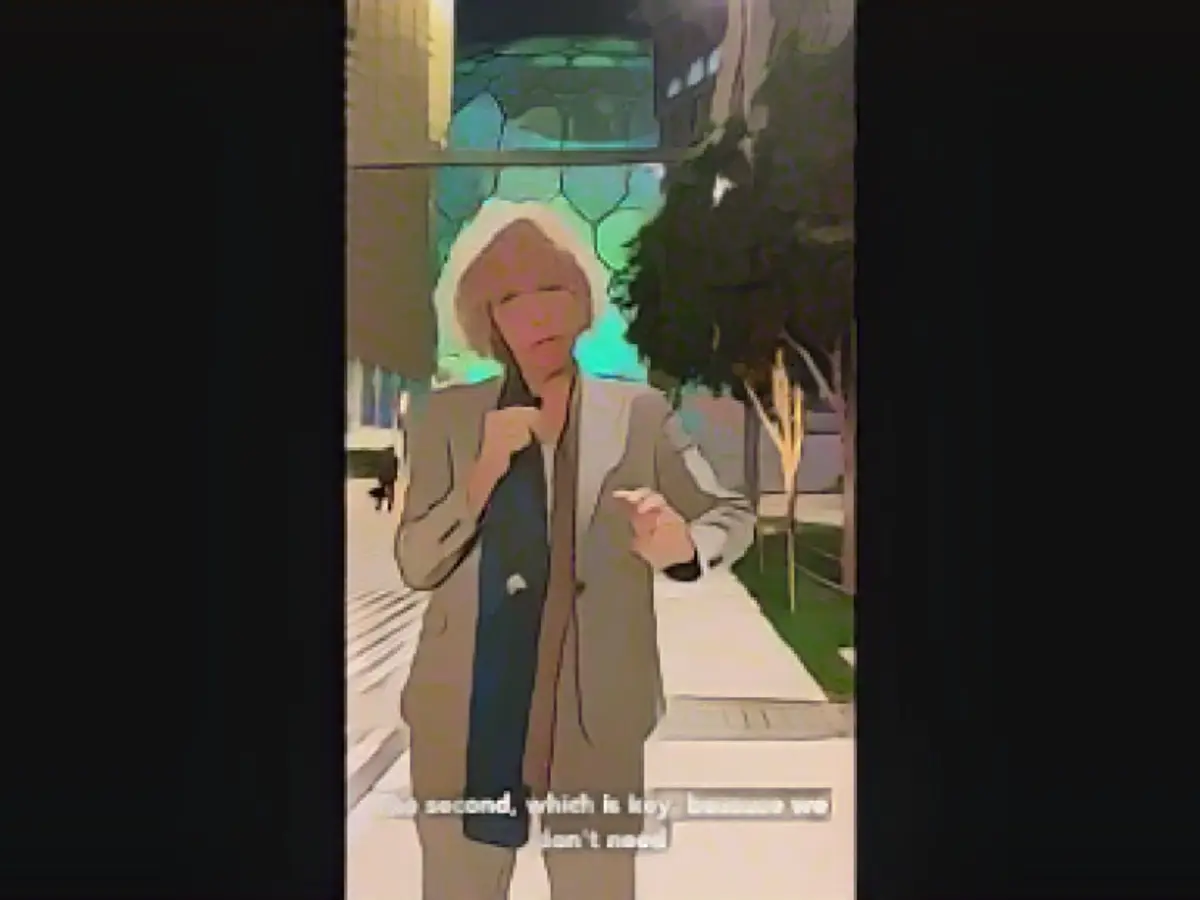In the aftermath of the ongoing conflict in Ukraine, many questions linger about the West's strategy to prevent a potential Russian victory. Let's dive into recent developments and scrutinize how international players are pursuing this goal.
Joined Forces in Brussels
Recently, NATO convened in Brussels, bringing together foreign ministers from various nations to discuss Ukraine's needs. During this gathering, the NATO-Ukraine Council, set up to facilitate closer collaboration, garnered attention. The council's purpose is to bolster ties with Ukraine until it satisfies the criteria for entry into NATO.
At this juncture, some may wonder: Is the NATO-Ukraine Council too late now that 17% of Ukraine remains under Russian occupation? Despite the tension, NATO Secretary General Jens Stoltenberg praised Ukraine's courage in defending itself against Russia's aggressive invasion.
USA's Commitment Remains Steady
US Secretary of State Antony Blinken advised skeptics about the West's endurance, affirming that over 50 nations still support Ukraine's defensive efforts and reconquest efforts. The American official also reiterated his belief that they would continue to provide essential aid to Ukraine. Furthermore, Blinken forecast a fresh wave of funding from Congress in the approaching weeks, signaling a persistent US commitment to the Ukrainian cause.
Assessing the Situation
Stoltenberg echoed Blinken's positive sentiments, applauding Ukraine's achievements in its defensive battle against Russian invaders. However, he acknowledged that the deployment of powerful weapons systems is necessary to enable successful Ukrainian counter-offensives.
Criticism has emerged from some NATO members as the war appears to have evolved into a war of position. Hungary, for instance, has openly questioned further military support for Ukraine in the face of stagnant battlefield progress.
Tolerance for Casualties
Stoltenberg also warned about Putin's high tolerance for casualties, stressing that Russia's objectives in Ukraine have not changed. Ukrainian Foreign Minister Dmytro Kuleba reiterated the necessity of escalating military aid production to counter Russia's military might.
Baerbock's Appeal for Broad Participation
German Foreign Minister Annalena Baerbock appealed for broad global support for Ukraine, highlighting Germany’s contributions such as the provision of Patriot air defense systems and power generators.
In essence, the West is adopting multiple strategies to bolster Ukraine's position and apply pressure on Russia. These initiatives include:
- Immediate military aid to tire out Russia's forces and improve Ukraine's negotiating position
- Intensifying economic pressure through increased sanctions
- Deploying a deterrent force to safeguard Ukrainian territory and prevent future aggression
- Unifying negotiation strategies to foil Russia's attempt at creating rifts between the West and Ukraine
- Making long-term commitments, such as investing in defense industrial production and forming a European-led peacekeeping force
These approaches aim to weaken Russia and strengthen Ukraine's position, ultimately striving to achieve a lasting peace.







